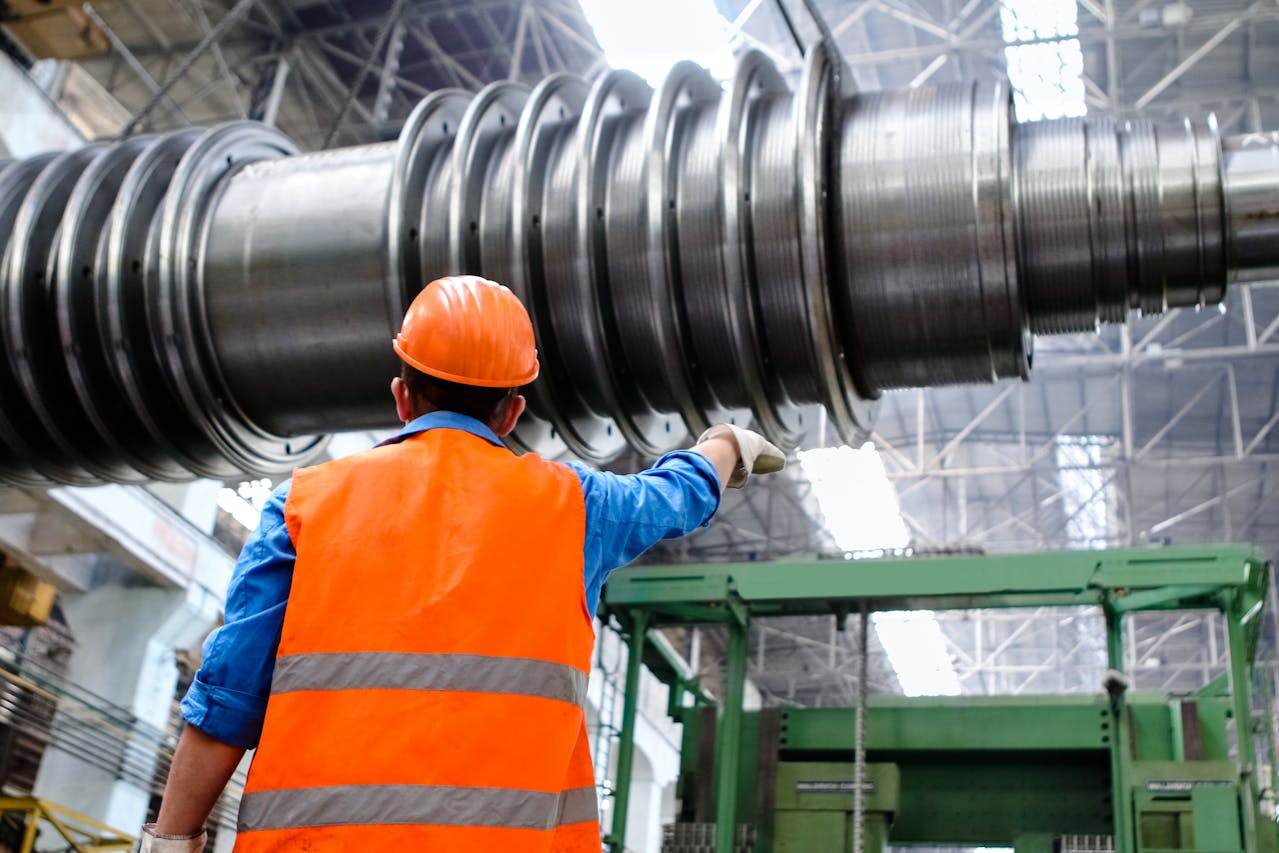


In the rapidly evolving world of industrial manufacturing, machines stand as pivotal players in driving both efficiency and innovation. These powerful tools enable businesses to scale operations, enhance precision, and reduce production times significantly.
Beyond merely facilitating processes, industrial machines are essential in ensuring competitive advantage and operational sustainability. The right machinery helps companies cut costs, improve product quality, and adapt to market changes, securing a firm's position in the industry.
Industrial machines integrate cutting-edge technology to streamline manufacturing processes. With automation, artificial intelligence, and IoT, they transform traditional assembly lines into sophisticated systems capable of unprecedented production efficiency.
Efficiency is paramount in industrial operations. Machines like CNC routers, laser cutters, and robotic arms not only accelerate production but also ensure precision. Consistent and accurate operations minimize waste and optimize resource usage, ultimately leading to higher profitability.
Innovation is at the heart of competitive industry. Machines facilitate new methods of production, allowing for greater design flexibility and complexity. The integration of 3D printing, for instance, exemplifies how machinery can create intricate components previously impossible to manufacture.
The Haas CNC Machines are renowned for their precision and durability. Ideal for precision tasks, these machines are widely used across various industries to enhance productivity and accuracy. Pricing starts at 25,000 USD.
The FANUC Robot Arming Systems offer robust multi-axis automation solutions, ideal for welding, assembly, and painting. By automating repetitive tasks, these robots ensure consistent output. Pricing starts at 15,000 USD for entry-level models.
| Product | Primary Use Case | Starting Price |
|---|---|---|
| Haas CNC Machines | Precision tasks in manufacturing | 25,000 USD |
| FANUC Robot Arming Systems | Automation of repetitive tasks | 15,000 USD |
For businesses aiming to ramp up production and foster innovation, investing in industrial machinery is crucial. These tools are not just facilitators of faster processes; they're the gatekeepers to advanced capabilities and industry leadership. By choosing the right machinery, industries can move towards a future that embraces efficiency and creativity. Explore available options and consider how evolving technologies can benefit your operations. Embrace the industrial revolution for a more productive and innovative tomorrow.